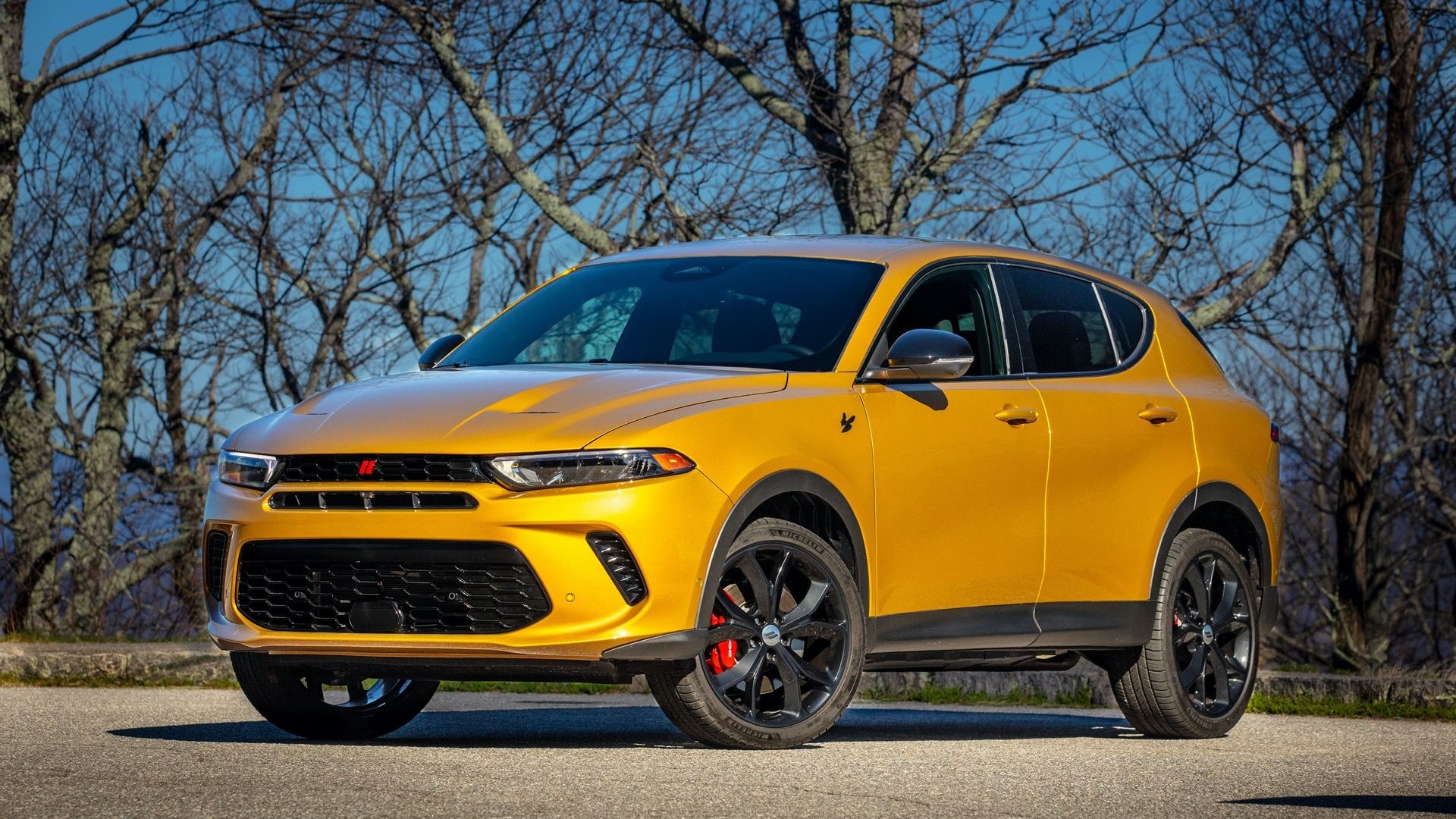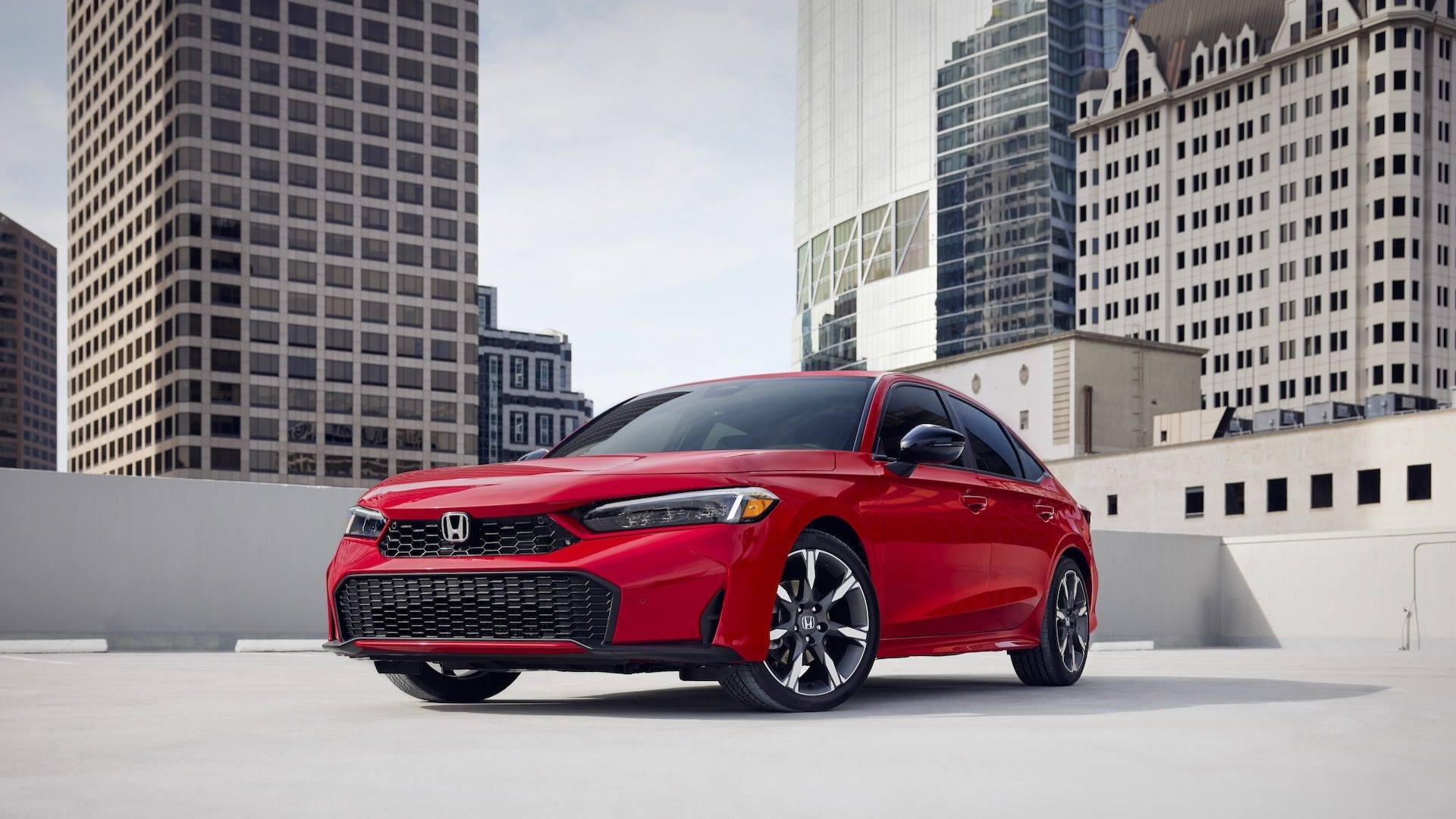We are honored, people, truly honored. To our shock, our item yesterday discussing the Muslim cleric who suggested that using an ethanol-fueled car might be a sin for Muslims made it (briefly) to the top spot on Digg.
"Thank you. Thank you all so much. First, we'd like to thank the members of the Academy...."
Then the comments exploded (200 in the first hour!). Several themes emerged, with many suggesting that Sheikh Mohamed al-Najimi does not represent mainstream Islam, that his view is an absurd extreme, and that attitudes toward alcohol vary enormously throughout the mosaic of the Muslim world.
We are far from religious scholars--of any stripe--so we'll let the commenters do the talking. Digg user ThePeaceMaker provides some useful basic context:
This "Islamic scholar" represents the Wahabis (a minority sect confined mostly to Saudi Arabia) and not the overwhelming majority Sunni and Shia Muslims.
Then we got a long and thoughtful note from a longstanding motorhead friend, who happens to be Pakistani. He writes:
I hadn't heard anything about that guy or his opinions before this howler, but there's no dearth of crackpot clerics in Saudi. It's quite convenient that a Saudi cleric should opine against the use of a substitute for Saudi petroleum.
Yeah, we'd actually thought about that part too.
Alcohol was apparently a fixture in pre-Islamic Arabia, and the Prophet seems to have phased in prohibition gradually. The three relevant verses in the Quran are regarded by the consensus of scholars to have been revealed at three different times. They refer to wine and gambling being harmful; a prohibition against praying while drunk; and finally, a prohibition against making/trafficking in alcohol. Most take them to mean an admonition against drunkenness/drug use, and against profiting from the trade in drugs and alcohol.
Few would regard these verses as the engineering specs for fuels allowed in future internal combustion engines. But of course scholars and ordinary Muslims are free to conflate those Quranic references into any boneheaded opinions they want.
Moreover, looking at references outside the Quran, people can find "traditions" for pretty much anything. Which is why clerics issue conflicting opinions all the time. You may be aware of the recent controversy in Minneapolis where some Somali taxi drivers refused to transport passengers carrying alcohol in their luggage.
Across the Muslim world as a whole, there is a diversity of views on how serious a "sin" drinking is. In places such as the Turkic Central Asian 'Stans, Muslims take the prohibition against alcohol to mean that wine or beer is only slightly naughty, but that one should feel more guilty when slamming back distilled spirits like vodka. The Turks of Turkey, however, love their raki, which is distilled.
Pakistan is officially dry, but the Ismaili Shias (followers of the Agha Khan) in the northern areas of Pakistan make wine from grapes. In the southern parts, villagers make moonshine from sugarcane or grain. When I lived in the country, every year a batch or two would go bad, and the newspapers would report the lethal results. Some Southeast Asian Muslims (e.g. in Indonesia) traditionally drink fermented beverages made from rice and sugar, or palm sap. People in Nigeria and elsewhere in western Africa also drink palm wine, or a stronger version that is distilled.
I was in Pakistan last a couple of years ago; I can't recall if those little bottles of alcoholic hand cleansers were widely available for sale at the time -- I had my own large supply -- but certainly no one expressed curiosity while I was using them. When I was growing up in Pakistan, I don't recall seeing or reading about anyone having a problem with alcohol swabs before getting an injection, or with using methylated spirits as a cleaning agent or as fuel.
And there you have it. You can consider this either a flagrant double standard or a case of, "Your mileage may vary." This slightly poignant comment by Digg user JBarkawi seemed to be a suitable summary:
You know, being a Muslim myself this is just one of the many instances by my "religious peers" that cause me to just shake my head in silence. I am proud of my religion, I am proud of my heritage. I've spent a good deal of my personal time defending Islam and re-educating others on what it means to be a Muslim, and asshats like this keep making me start from scratch.
I sincerely doubt that God cares what we use to fuel our cars.













